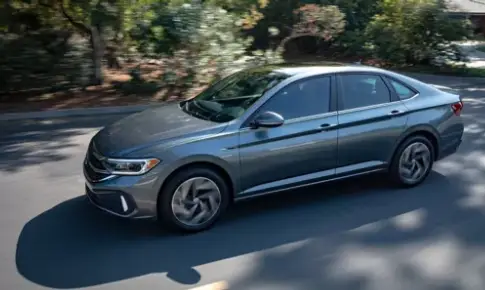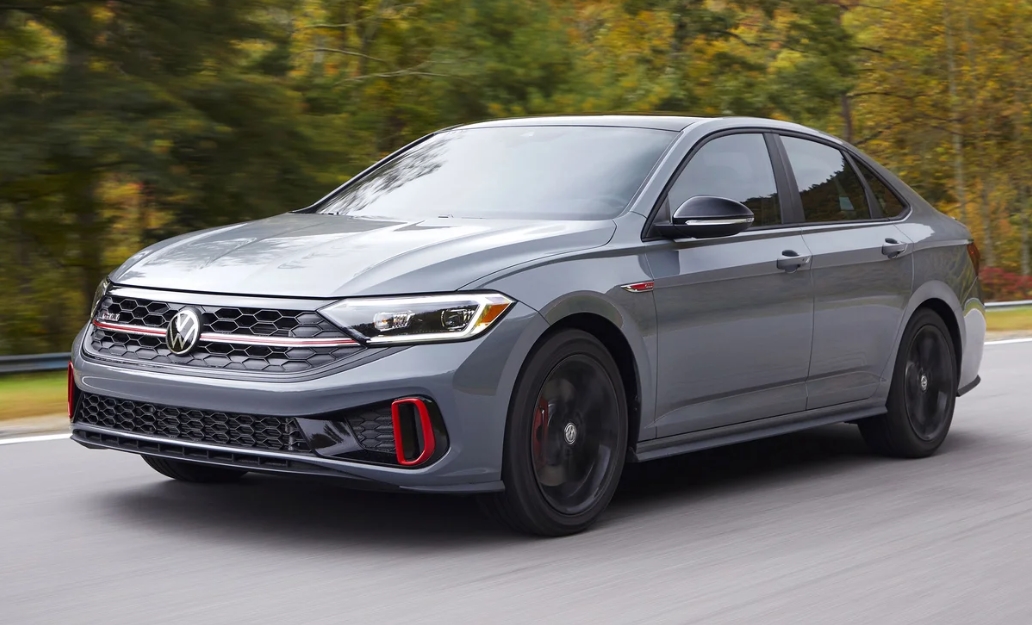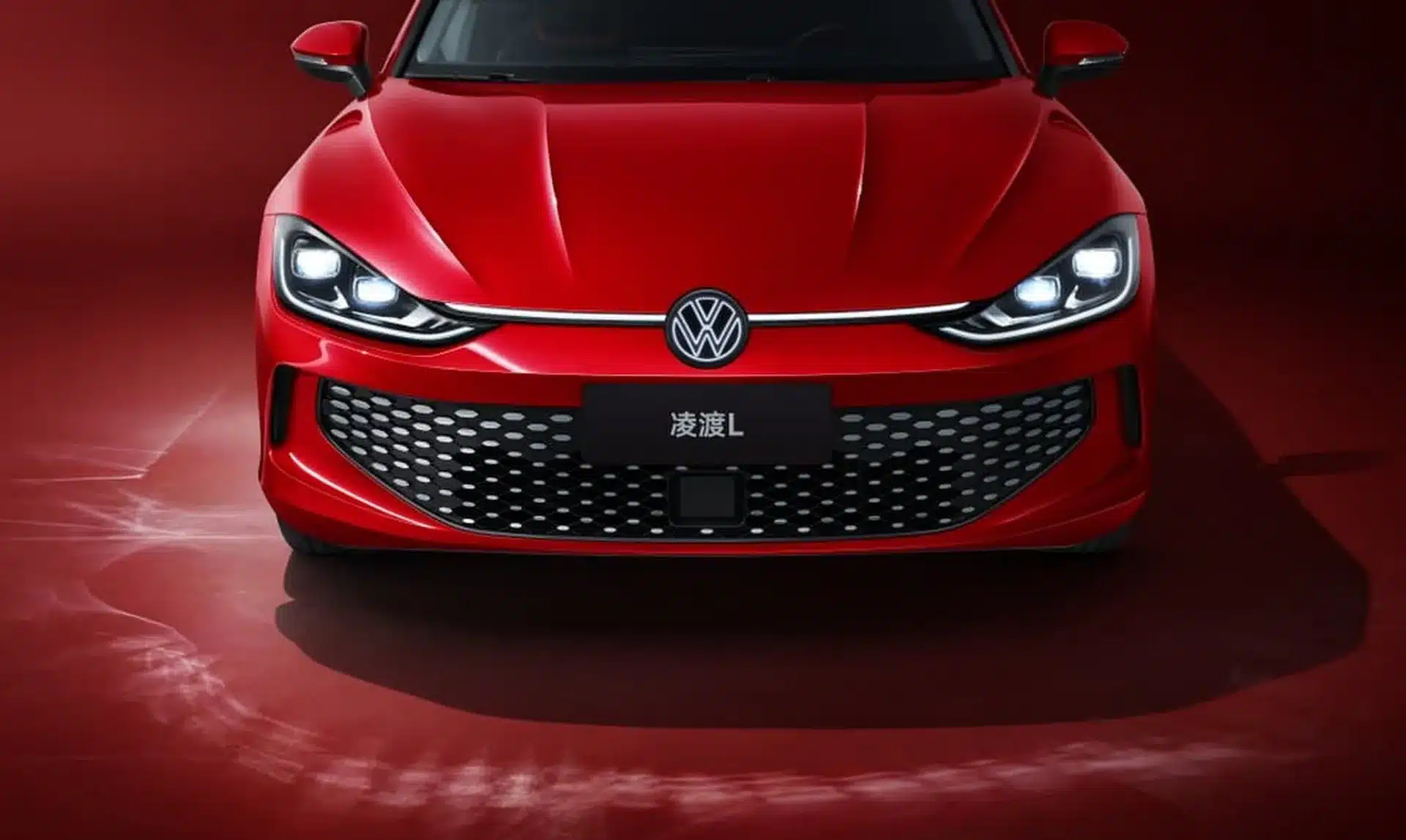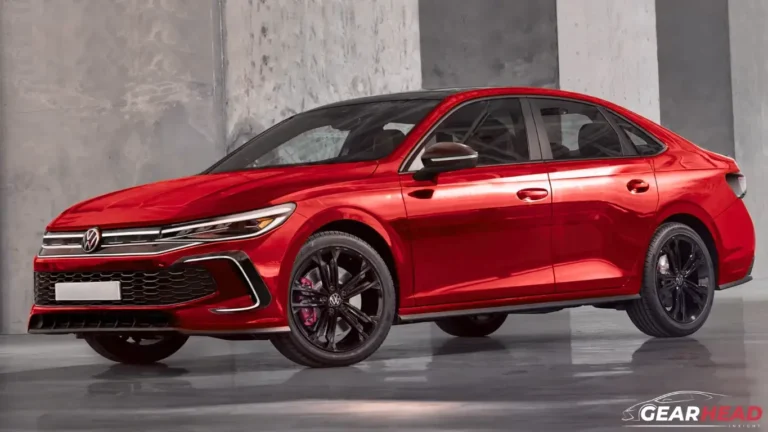The 2025 Jetta: Fuel Efficiency In A Modern Package
The 2025 Jetta: Fuel Efficiency in a Modern Package
The 2025 Jetta: Fuel Efficiency in a Modern Package
Introduction
With great pleasure, we will explore the intriguing topic related to The 2025 Jetta: Fuel Efficiency in a Modern Package. Let’s weave interesting information and offer fresh perspectives to the readers.
Table of Content
The 2025 Jetta: Fuel Efficiency in a Modern Package

While precise fuel economy figures for the 2025 Jetta are not yet available, it is highly likely that Volkswagen will continue its commitment to delivering efficient vehicles. Based on current trends and the company’s focus on sustainability, the 2025 Jetta is expected to offer competitive fuel economy, making it an attractive option for those seeking a balance of performance and efficiency.
Understanding the Factors Influencing Fuel Economy
Several factors contribute to a vehicle’s fuel efficiency. These include:
- Engine Technology: Modern engines, like those found in the Jetta, utilize advanced technologies such as direct injection, turbocharging, and variable valve timing to optimize combustion and reduce fuel consumption.
- Aerodynamics: A vehicle’s shape significantly influences its fuel efficiency. The Jetta’s design, with its sleek lines and low drag coefficient, helps minimize air resistance and improve fuel economy.
- Weight Reduction: Lighter vehicles require less energy to move, leading to improved fuel efficiency. Volkswagen consistently works to optimize the Jetta’s weight through the use of lightweight materials and efficient manufacturing processes.
- Transmission: The Jetta’s transmission plays a crucial role in maximizing fuel efficiency. Modern transmissions with multiple gears and optimized gear ratios allow the engine to operate at its most efficient point.
- Driving Habits: Individual driving habits, such as accelerating smoothly and maintaining a steady speed, can significantly impact fuel economy.
The Importance of Fuel Efficiency
Fuel efficiency is a critical factor for both individual consumers and the environment.
- Reduced Fuel Costs: Higher fuel efficiency translates to lower fuel costs for drivers, saving money on gas and reducing overall transportation expenses.
- Environmental Benefits: Lower fuel consumption directly reduces greenhouse gas emissions, contributing to cleaner air and mitigating the effects of climate change.
- Increased Range: Improved fuel economy allows vehicles to travel farther on a single tank of gas, reducing the need for frequent refueling and enhancing convenience for drivers.
Exploring Potential Fuel Economy Figures
While specific figures for the 2025 Jetta are yet to be released, we can draw insights from current models and industry trends. The 2023 Jetta offers an EPA-estimated combined fuel economy of 30 mpg, demonstrating Volkswagen’s commitment to fuel efficiency.
Looking ahead, advancements in engine technology, lightweight materials, and aerodynamic optimization are likely to further improve fuel economy in the 2025 Jetta. It is reasonable to expect that the 2025 Jetta will achieve a combined fuel economy exceeding 30 mpg, possibly reaching or surpassing 35 mpg.
FAQs Regarding 2025 Jetta Fuel Economy
-
Q: Will the 2025 Jetta offer a hybrid or electric powertrain option?
- A: While Volkswagen has not confirmed specific powertrain options for the 2025 Jetta, the company is actively developing and expanding its electric vehicle portfolio. It is possible that a hybrid or fully electric Jetta variant could be introduced in the future.
-
Q: What are the expected fuel economy figures for the 2025 Jetta?
- A: While precise figures are not yet available, the 2025 Jetta is expected to offer competitive fuel economy, likely surpassing the 30 mpg combined fuel economy of the current model.
-
Q: How does the 2025 Jetta’s fuel economy compare to its competitors?
- A: The 2025 Jetta is likely to be competitive in its segment, offering comparable or better fuel economy than other compact sedans.
Tips for Maximizing Fuel Economy
- Drive Smoothly: Avoid aggressive acceleration and braking, as these actions consume more fuel.
- Maintain a Steady Speed: Cruising at a consistent speed, especially on highways, is more fuel-efficient than frequent acceleration and deceleration.
- Use Cruise Control: Cruise control helps maintain a consistent speed, reducing unnecessary acceleration and improving fuel economy.
- Keep Tires Inflated Properly: Underinflated tires increase rolling resistance, reducing fuel efficiency.
- Reduce Unnecessary Weight: Remove any unnecessary items from the vehicle to reduce weight and improve fuel economy.
Conclusion
The 2025 Jetta is poised to continue Volkswagen’s tradition of offering fuel-efficient vehicles, making it an attractive option for environmentally conscious drivers. While specific fuel economy figures are yet to be released, the expected advancements in engine technology and design suggest that the 2025 Jetta will offer improved fuel efficiency compared to its predecessor. By embracing modern technologies and focusing on sustainability, Volkswagen is paving the way for a future where fuel efficiency and performance go hand in hand.








Closure
Thus, we hope this article has provided valuable insights into The 2025 Jetta: Fuel Efficiency in a Modern Package. We hope you find this article informative and beneficial. See you in our next article!